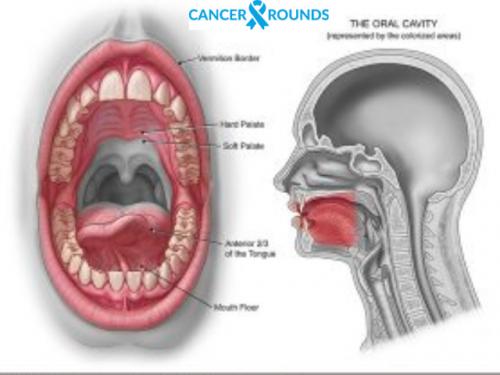What is mouth cancer & It's treatment options

What is Mouth Cancer
Mouth Cancer is a serious disease that affects the cells of the mouth, tongue, lips, throat, and oesophagus. Mouth cancer starts in the cells of these parts of the body. These cells are called squamous cells. Squamous cells are flat-shaped cells that line the inside of the mouth, skin, and vagina. When mouth cancer occurs, these cells become abnormal and begin dividing rapidly. As they continue to divide, they may spread to nearby locations. The cost of mouth cancer treatment can depend on many factors like size, stage and location.Treatment Options for Mouth Cancer
1. Surgery
Surgery is often the first option to treat early-stage oral cancers, which have not spread outside the mouth. If surgery cannot remove the entire tumour, radiation therapy may be used to kill any remaining cancer cells. A surgeon removes the cancerous tissue using either a scalpel or laser knife. Sometimes, a dentist performs the procedure under general anaesthesia.
2. Radiation Therapy
Radiation therapy uses high-energy x-rays to destroy malignant (cancer) cells. In some cases, chemotherapy is added to radiation therapy. When radiation therapy is combined with chemotherapy, the two treatments work together to slow down the growth of tumours. Radiation therapy kills cancer cells by damaging their DNA. The damage causes the cell to die.
3. Chemotherapy
Chemotherapy uses drugs to stop cancer cells from dividing and multiplying. Drugs that can be used to fight cancer include vincristine, doxorubicin, bleomycin, cyclophosphamide, methotrexate, 5-fluorouracil, gemcitabine, docetaxel, paclitaxel, topotecan, irinotecan, fludarabine, cytarabine, etoposide, mitoxantrone, and others.
4. Targeted Drug Treatment
Targeted drug treatment targets specific molecules inside cancer cells. These targeted drugs attack only cancer cells without harming normal cells. Examples of targeted drugs include imatinib mesylate (Gleevec), gefitinib (Iressa), erlotinib (Tarceva), lapatinib (Tykerb), sunitinib (Sutent), sorafenib (Nexavar), crizotinib (Xalkori), bevacizumab (Avastin), temozolomide (Temodal), bortezomib (Velcade), everolimus (Afinitor), pazopanib (Votrient), and others.
5. Immunotherapy
Immunotherapy uses the body's immune system to help fight cancer. Cancer vaccines stimulate the immune system to develop antibodies that target cancer cells. Other immunotherapies use substances called cytokines to activate the immune system. Cytokines are naturally occurring chemicals released by white blood cells. They cause nearby cells to release certain chemicals that tell the immune system how to respond to the threat.
6. Biologic Response Modifiers
Biologic response modifiers are natural products that boost the activity of the immune system. Examples include interferon alfa, interleukin 2, thymosins, colony-stimulating factors, and granulocyte-macrophage colony-stimulating factors.
7. Alternative Treatments
Alternative therapies are not considered conventional medicine. They are based on Eastern philosophies and include acupuncture, aromatherapy, homoeopathy, and naturopathy.
For treatment of oral cancer Visit: Cancer Rounds
Advertise on APSense
This advertising space is available.
Post Your Ad Here
Post Your Ad Here
Comments